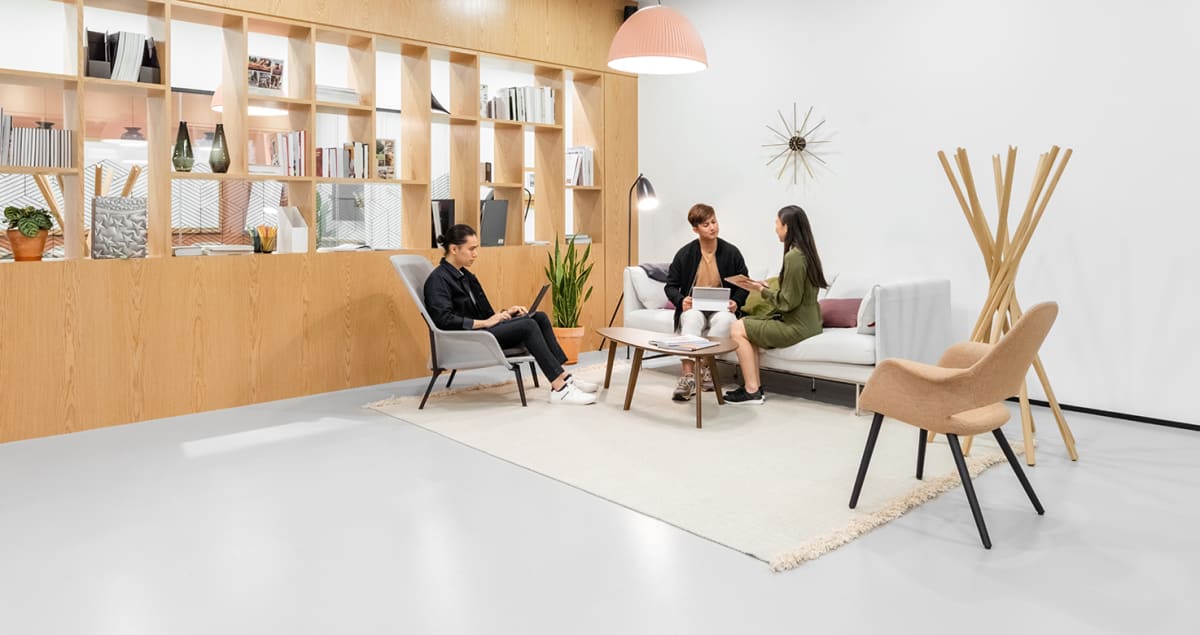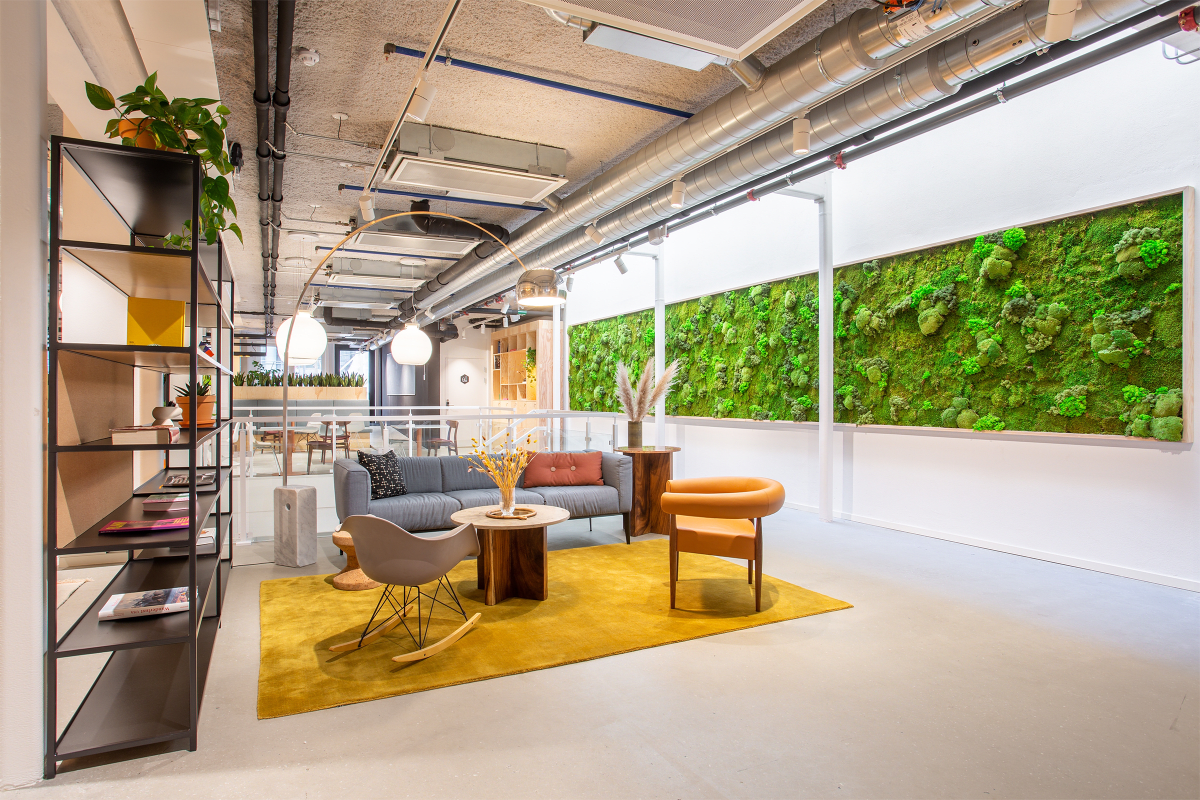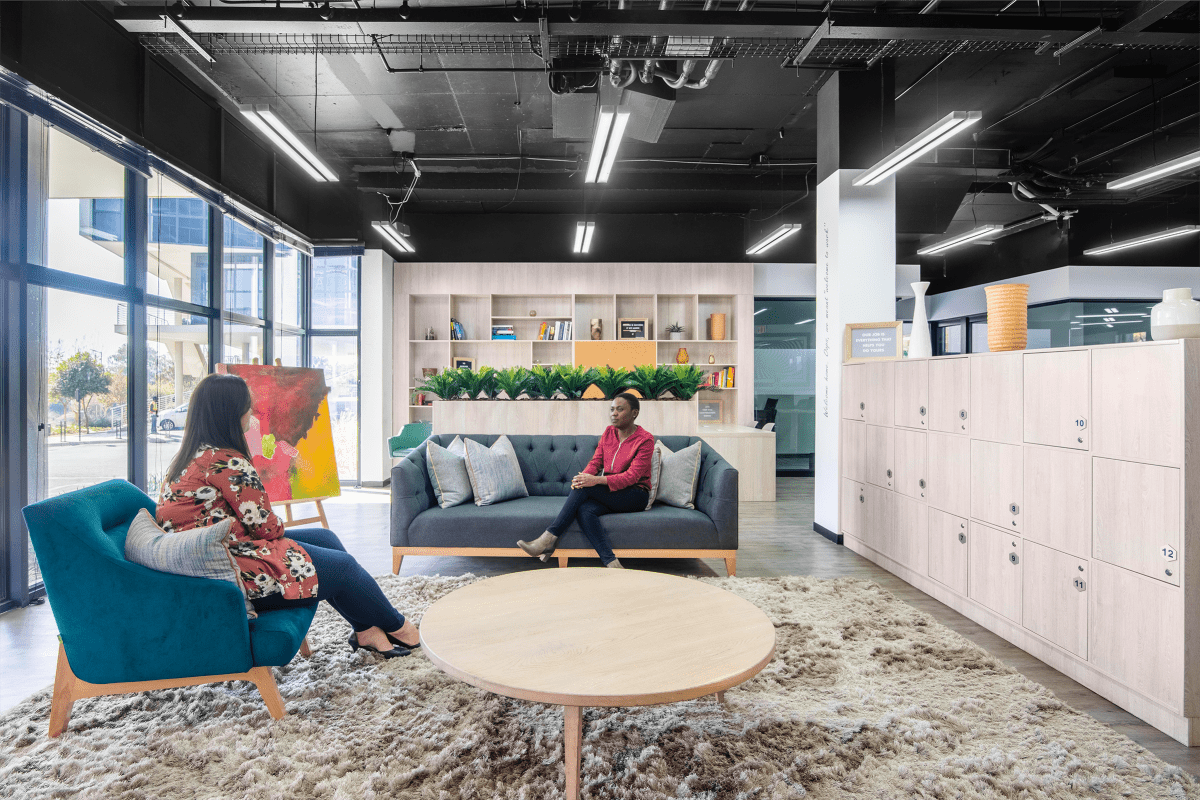As demand for flexspace grows at an exponential rate, Premita Dhaliwal, Head of Partnership Growth at IWG Malaysia, shares her region’s success stories
It's been a challenging year for businesses in Malaysia. Particularly in the franchise market, where traditional sectors such as fast food and hospitality have been feeling the pinch of the pandemic and its prolonged closures. But for the flexspace market, it’s a different story.
“We launched our franchise business at the end of 2019,” says Premita Dhaliwal, Head of Partnership Growth for IWG Malaysia. “Just as we were about to start, the pandemic came. Suddenly, there were no more franchising events, we couldn't meet face to face and working from home became the norm. It forced us to think outside of the box and do things differently.”
In the face of this shutdown, Dhaliwal’s franchise team took advantage of IWG’s strong online communication and networking platforms – choosing to focus on its position as the flexspace market leader as they persevered with the interested parties they had.
The very fact that investors in Malaysia had taken a step back and were reassessing their strategies was an opportunity in itself, says Dhaliwal. “We offered franchising as a way for them to diversify their portfolio and access different income streams,” she says. “And it paid off. Last month, we signed our first franchise deal in Malaysia with Sheng Tai International to open centres in Malacca.”
An award-winning real estate developer, Sheng Tai saw the vast potential for flexible office space in the city and has plans to open two centres in the Metro Square hotel complex, starting with Regus in June 2021, followed by Spaces. “Hybrid working and flexspace is a lifestyle of the future,” says Dato’ Leong Sir Ley, its founder and CEO. “Business will start up again eventually and life will go on. Once the Spaces centre opens and is a success, we hope we can expand further.”
Even before the pandemic nudged workers back into their local communities, the concept of flexspace was building buzz across Malaysia. “The way we work has changed for Millennials and Gen X – people want the flexibility to work from anywhere, at any time,” says Dhaliwal. “In Malaysia, many companies are looking for alternative solutions to cut the costs of having huge offices. They want flexibility, and we have the solutions for them.”
In a recent article in The Edge, Marc Woo, Managing Director of Google Malaysia, championed the hybrid working model as the way forward for local businesses, while the digital nomad scene is increasingly embracing Malaysian cities such as Kuala Lumpur as prime remote-working bases.
But it’s not just the biggest cities, such as KL and Penang, that are seeing a spike in interest. “People used to commute a lot before the pandemic, but now they want to work closer to their homes,” says Dhaliwal. “So we’re seeing huge potential for flexspace in cities outside of KL – not only in Malacca, but also in Surabaya, Johor, and even Sabah and Sarawak.”
Malaysia’s vaccination programme began earlier this month, and the economy is gaining confidence in the first quarter of 2021. “We are already seeing this through our increasing numbers this year. In fact, some of our centres are already close to maximum occupancy,” she says. “This clearly demonstrates that the demand for flexible space is there. We have nearly 40 centres operating in Malaysia right now, and we’re hoping to increase this to 110 or 120 centres over the next five years.”
This is a good time to join the company. Globally, IWG has just signed a 95,000 user deal with Standard Chartered bank, and this week announced the organisation’s largest deal ever with Nippon Telegraph and Telephone Corporation (NTT), which will bring 300,000 new users into the network.
Amid predictions that 30% of all commercial real estate will be flexible workspace by 2030, savvy companies are determined not to be left behind in the race for flexspace. There’s a sense that organisations need to adapt to this model or risk losing their most talented employees.
IWG’s proven business model offers entrepreneurs an opportunity to partner and grow through franchising, suggests Dhaliwal. “It’s good news for investors who don’t want to be hands on. You can be merely an investor. Owners of large real estate can generate income by incorporating flexible office space, which everyone is moving into,” she says. “When we open in Malacca – our first deal outside KL – we hope that its success story will encourage more businesses in. I’m hoping to sign another eight or nine deals this year.”
While investing in flexspace does mean a large capital outlay, the ROI is impressive and the business model works. “We are looking for enterprise partners who want to diversify their portfolios,” says Dhaliwal. “We want people who know their local communities, who want to support and develop them, and these opportunities suit a range of businesses, not only entrepreneurs but also seasoned franchise professionals, building owners and investment partners – we are open to anyone.”
To find out more about joining the world’s number one workspace and coworking provider as a franchise partner visit IWGplc.com






